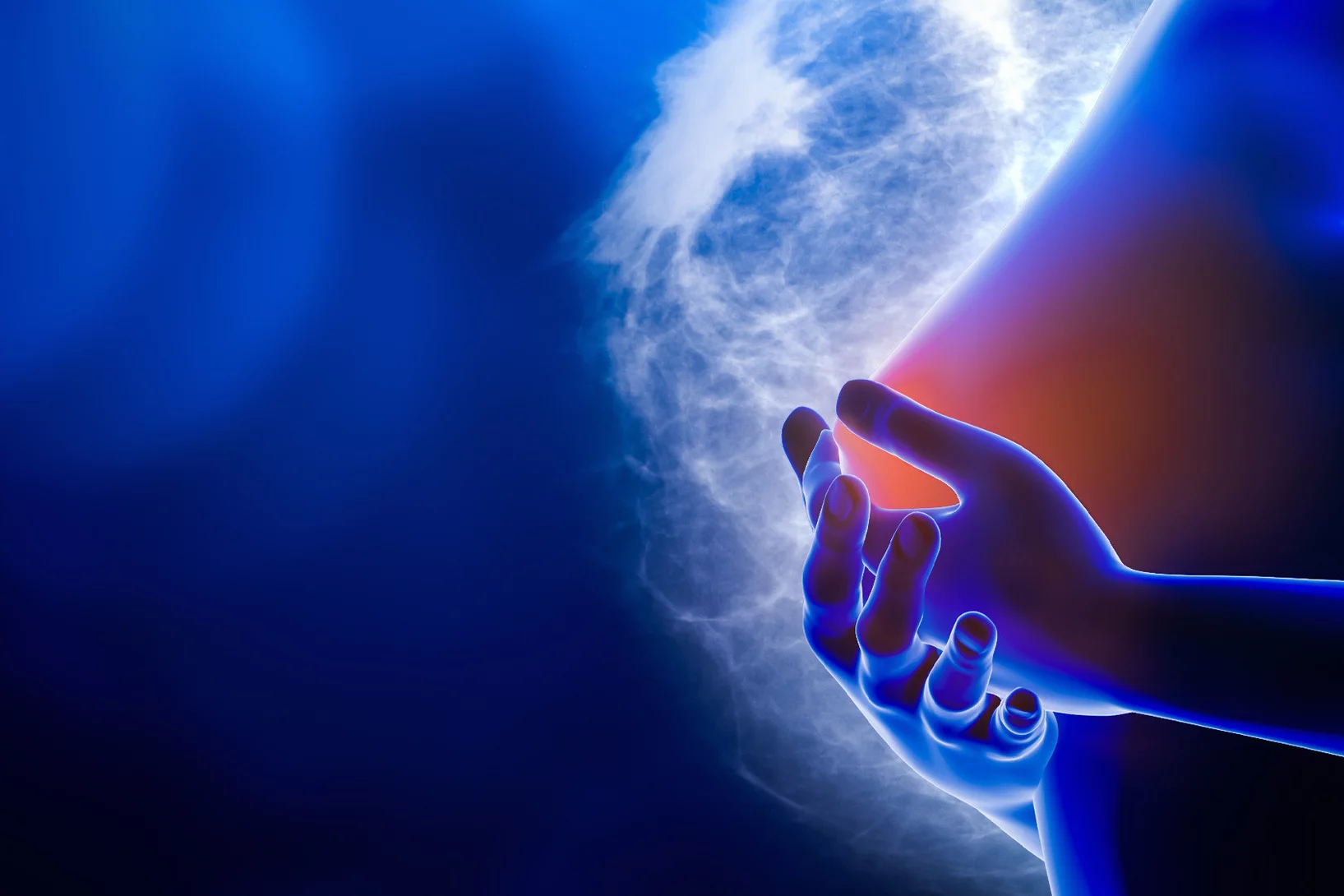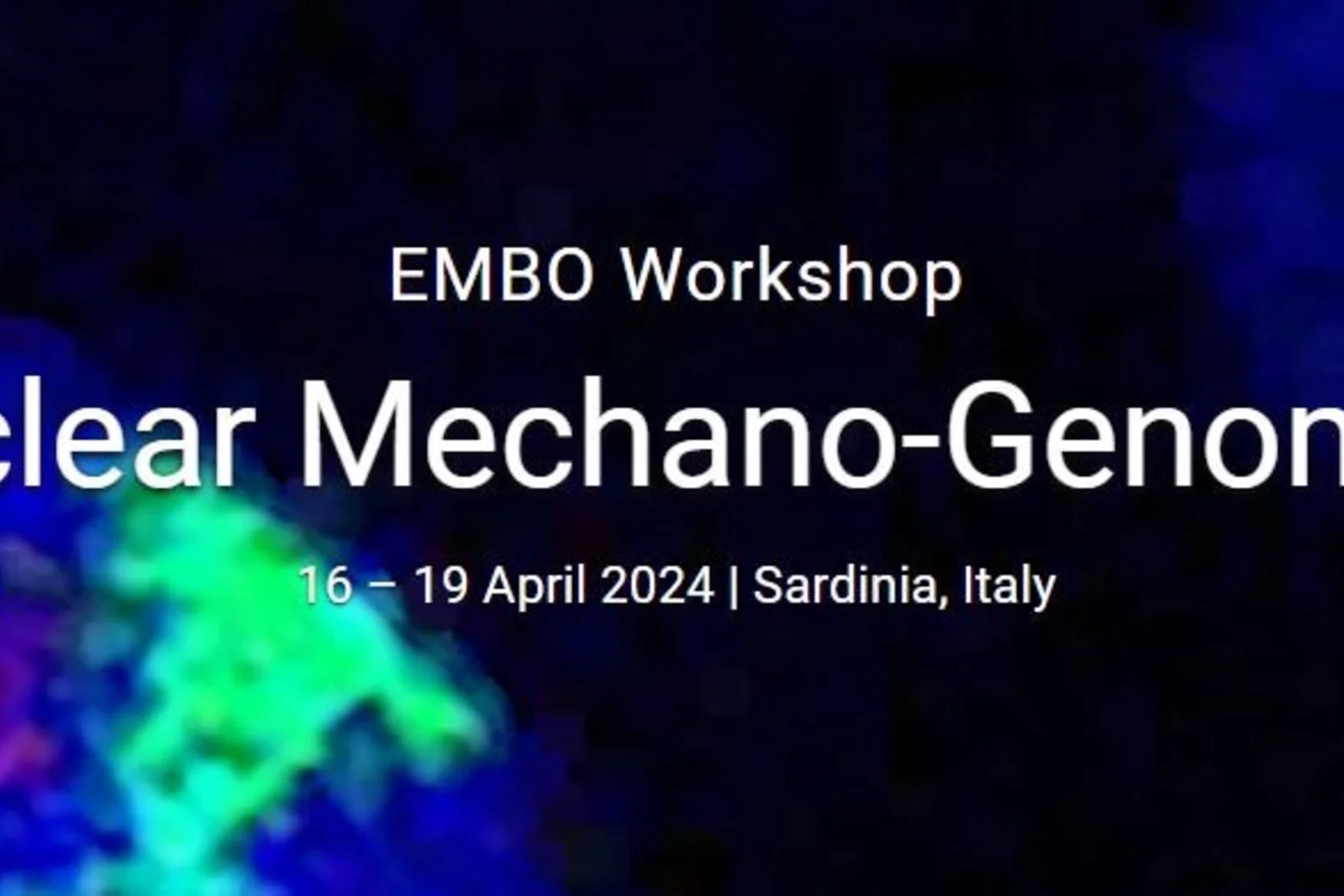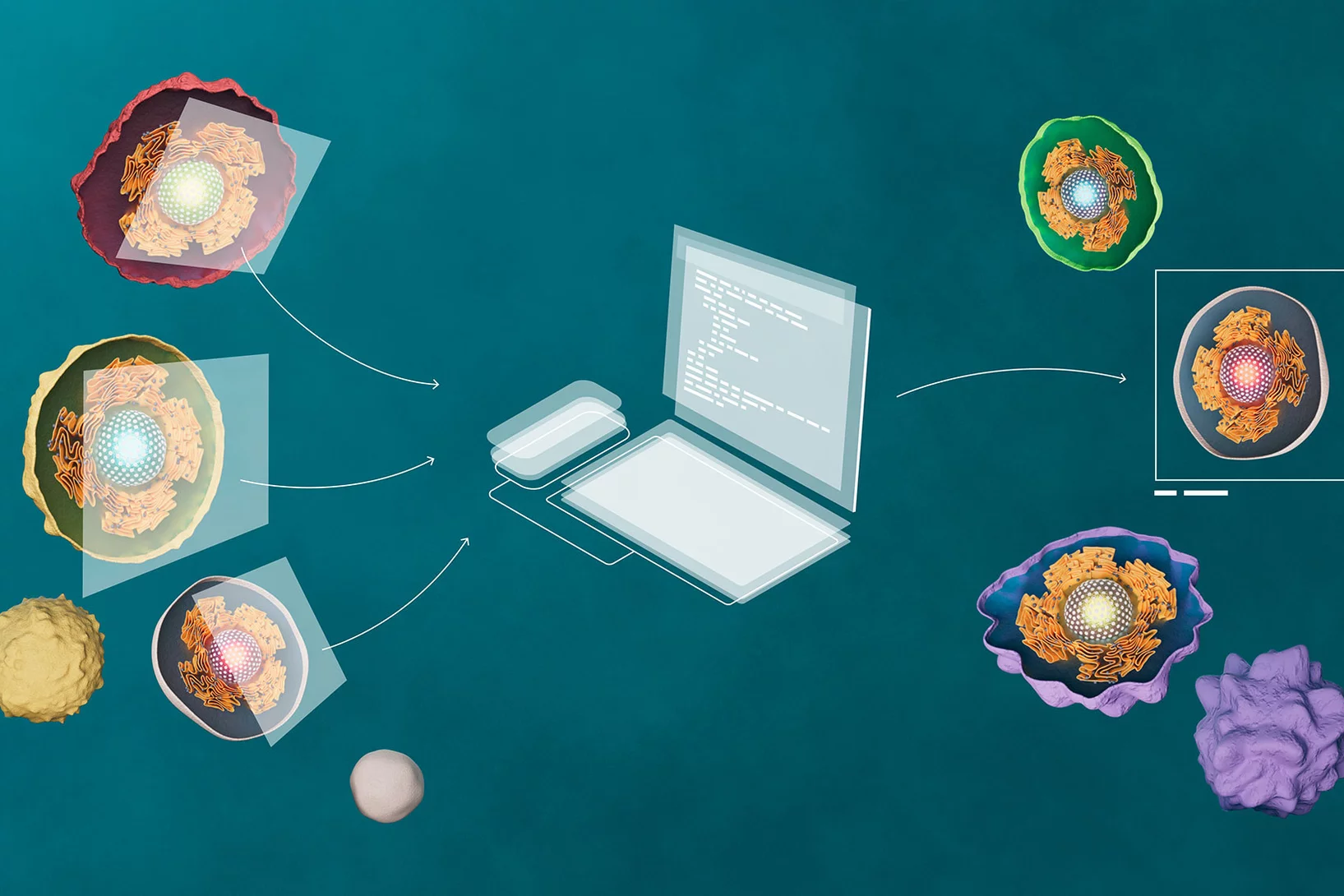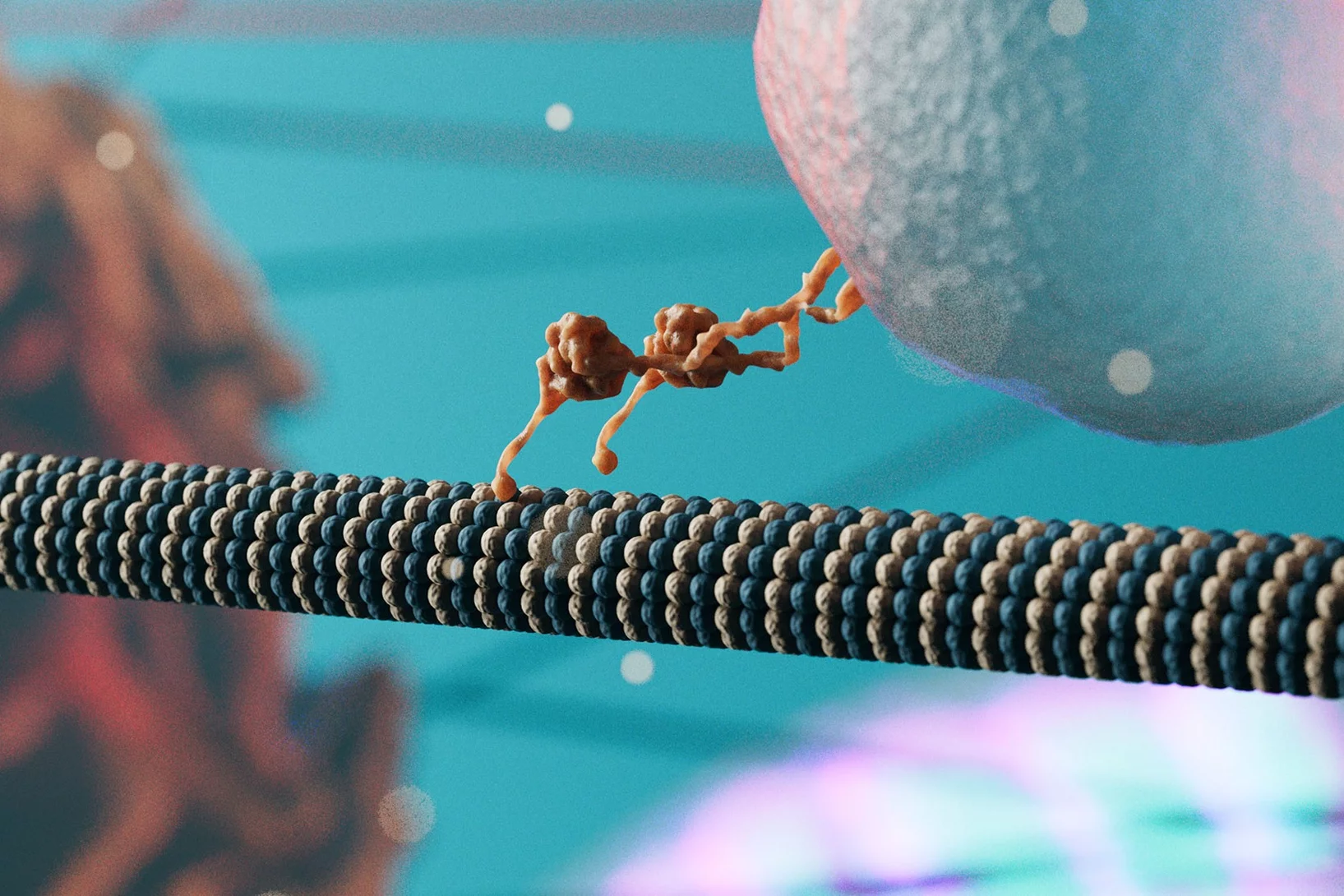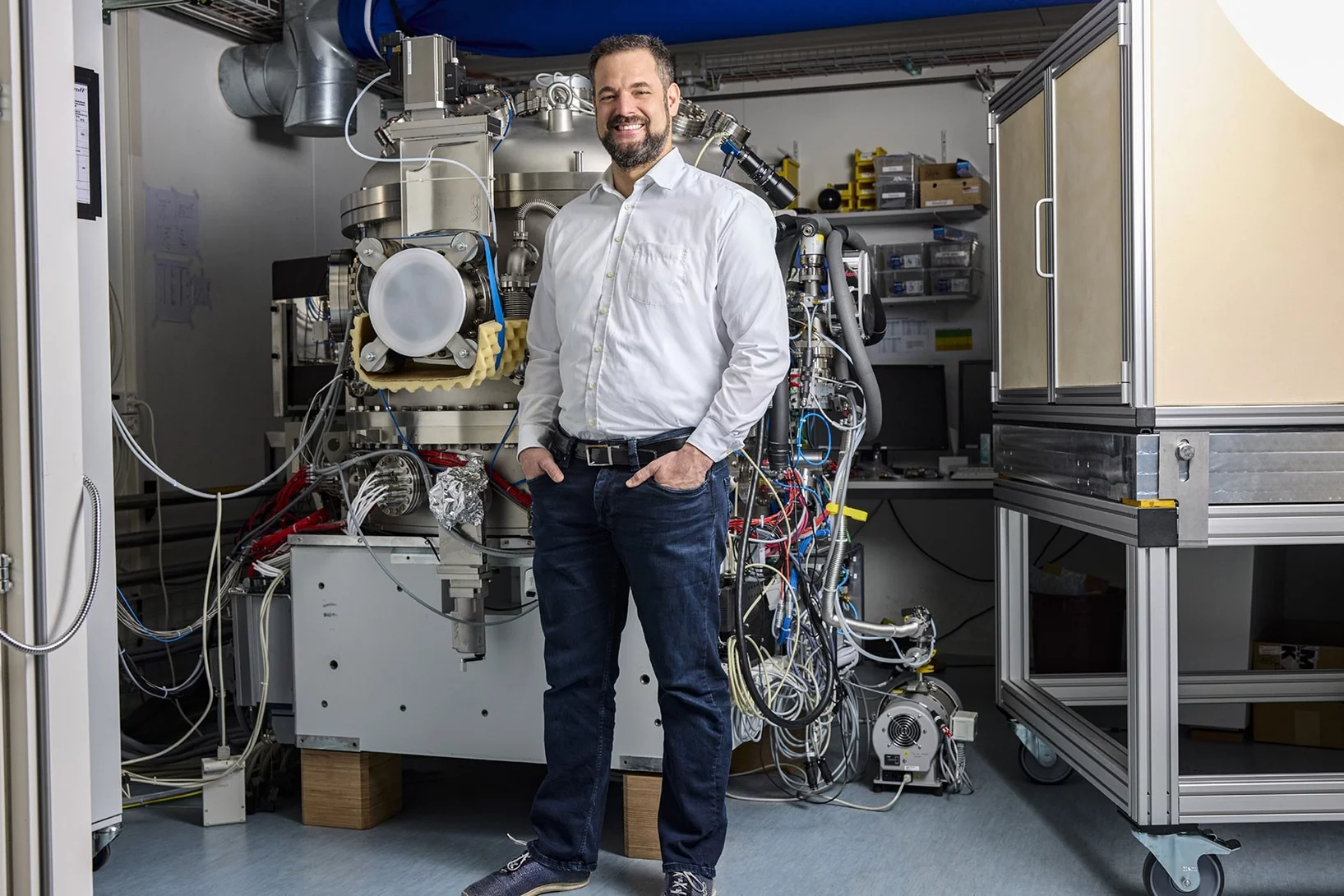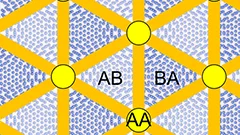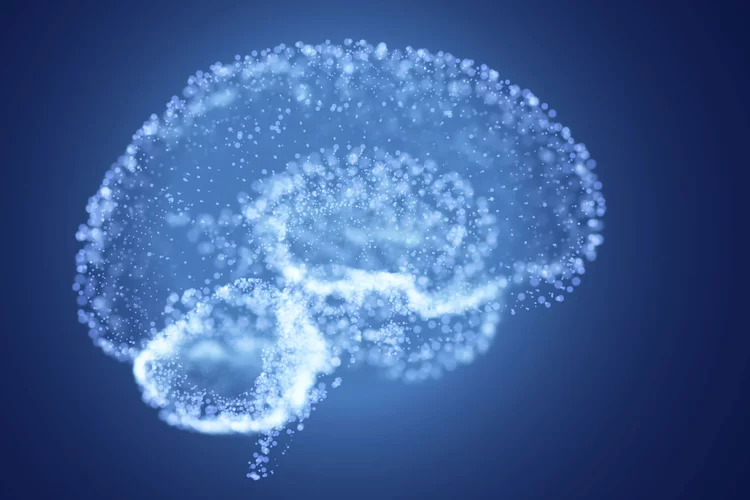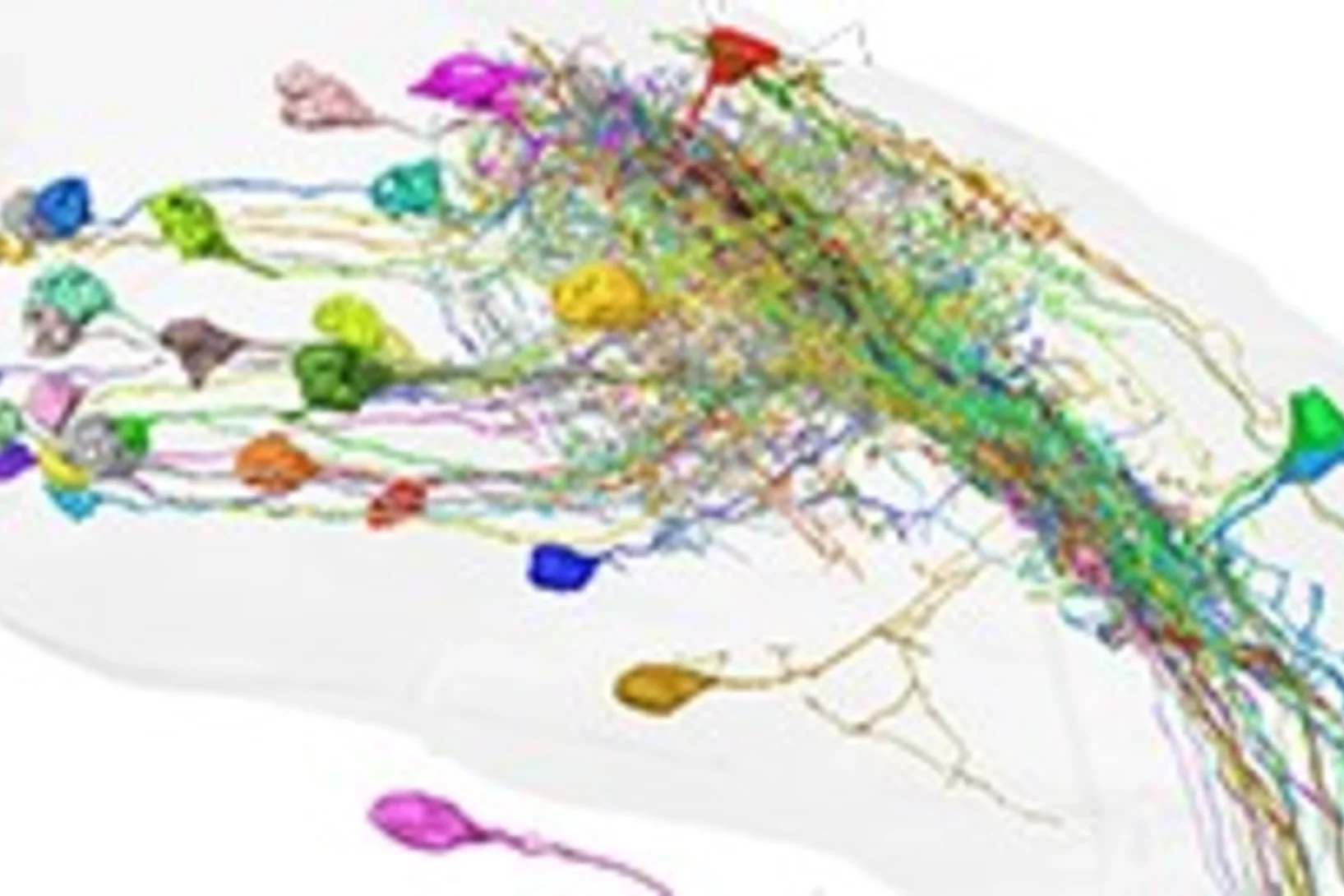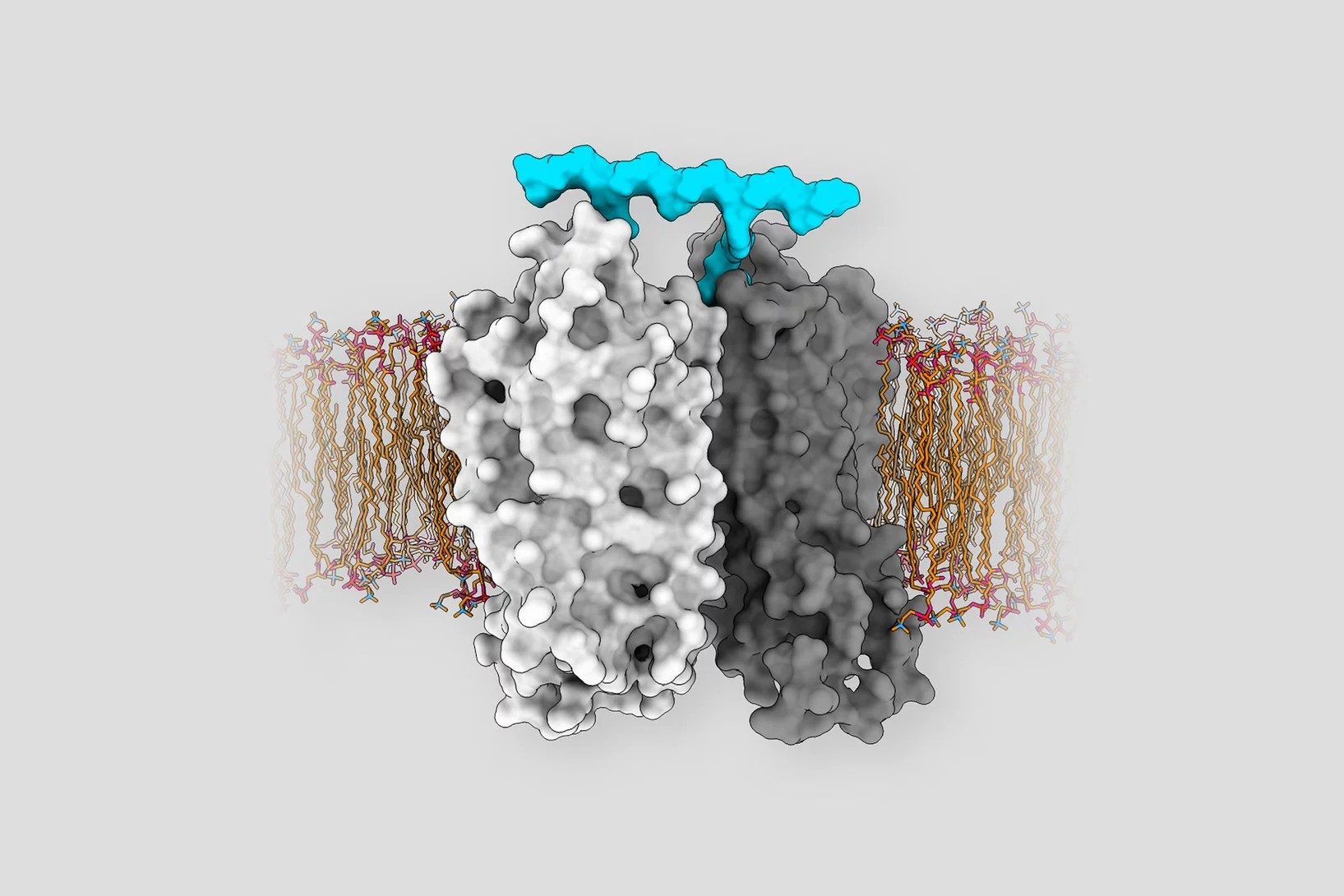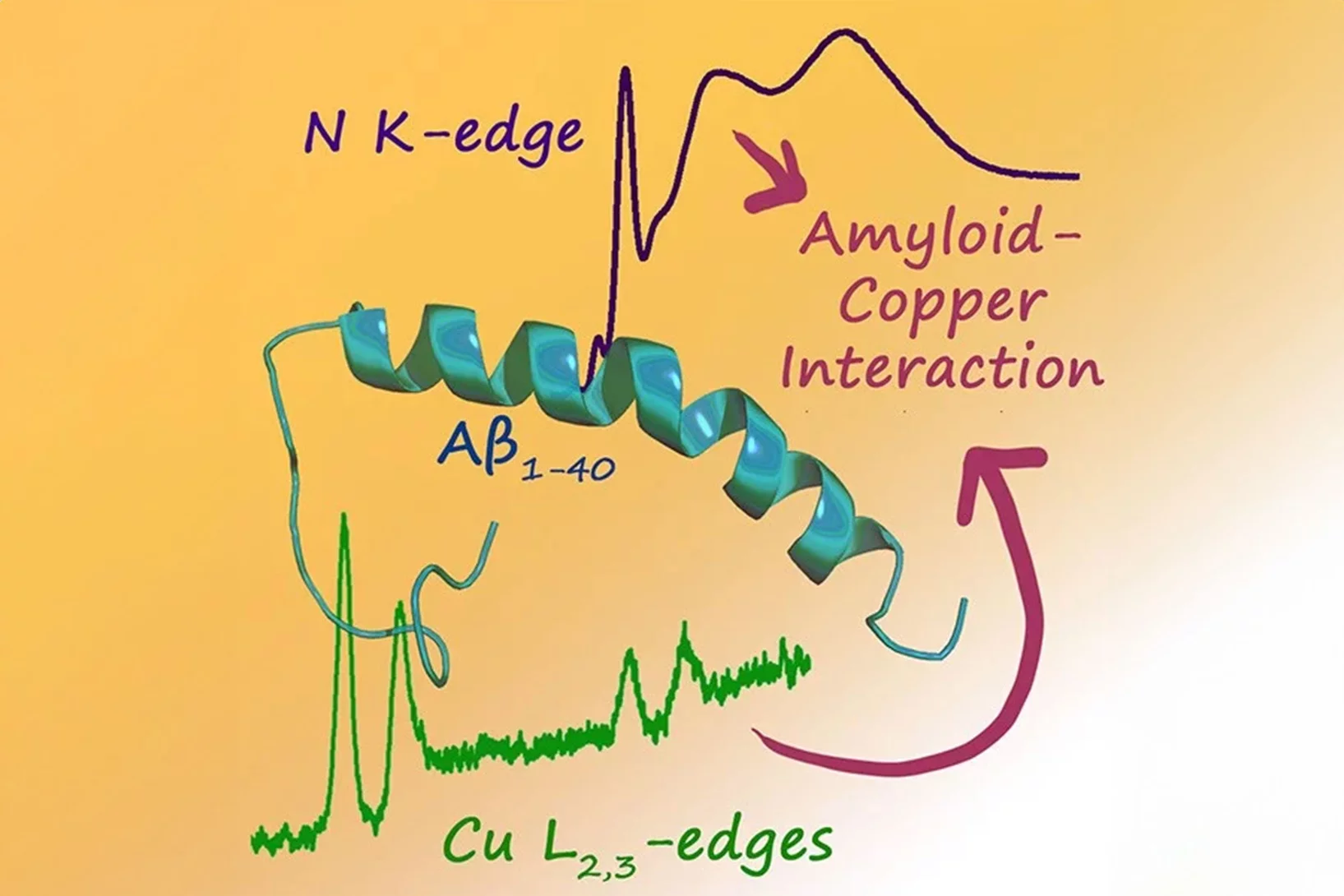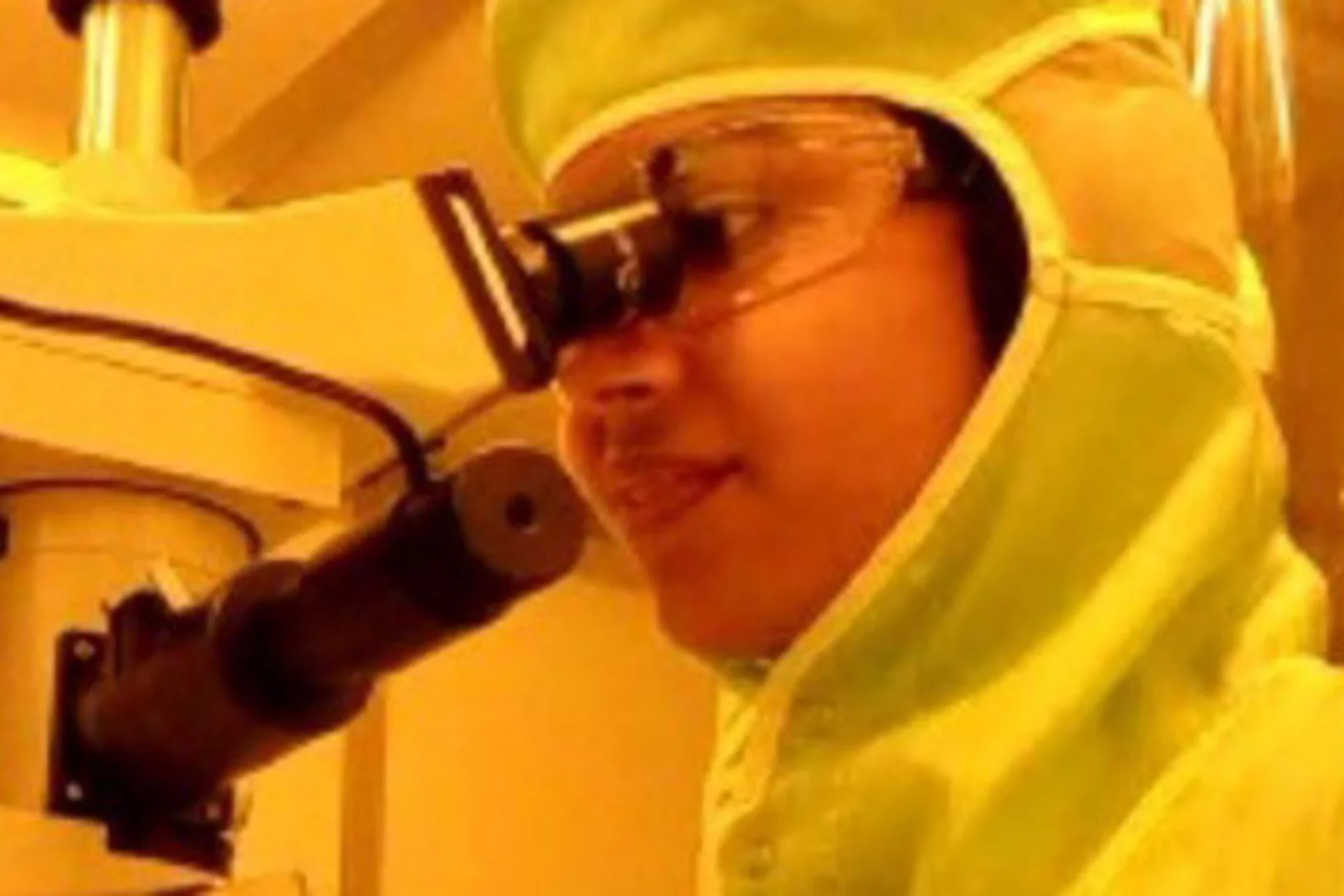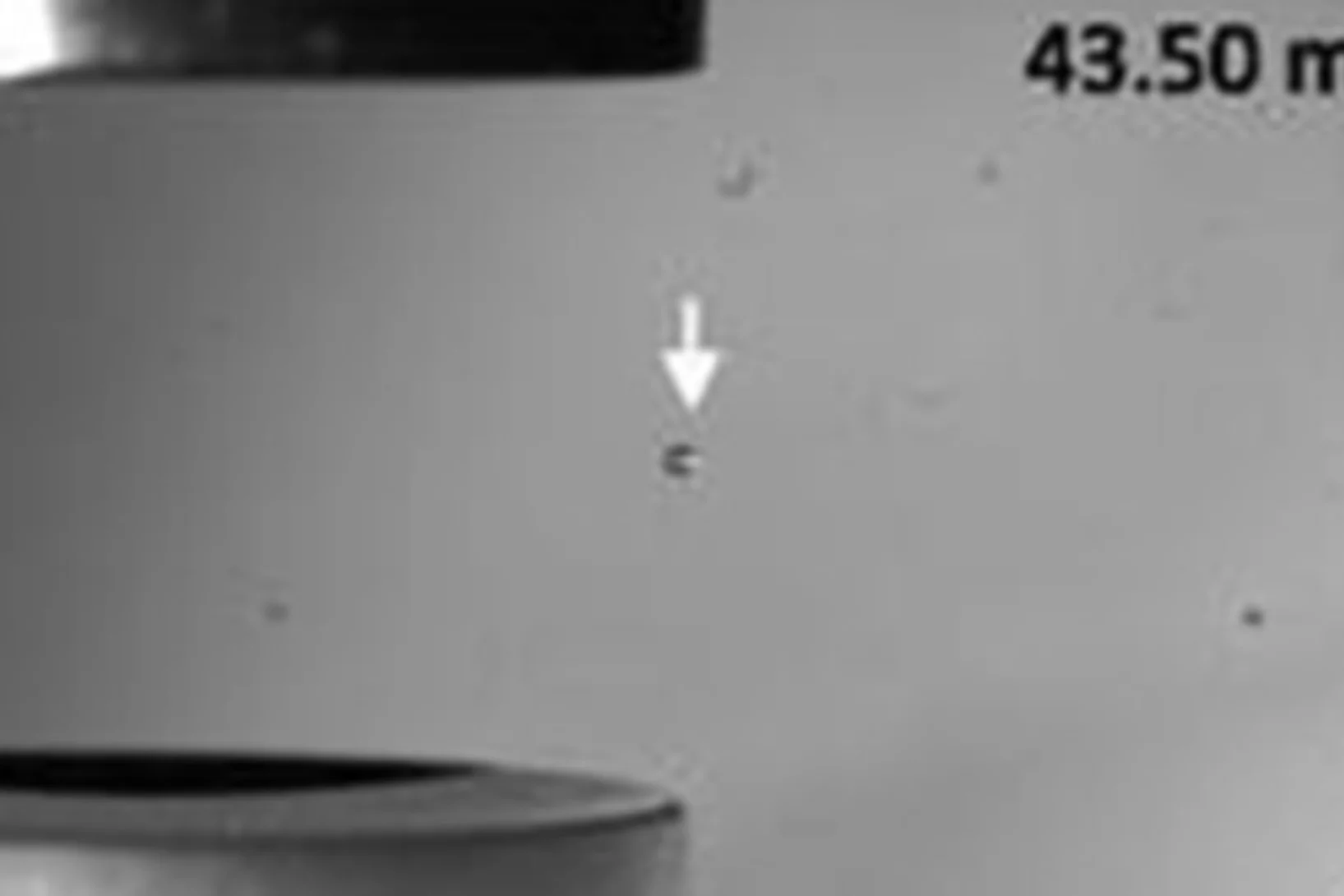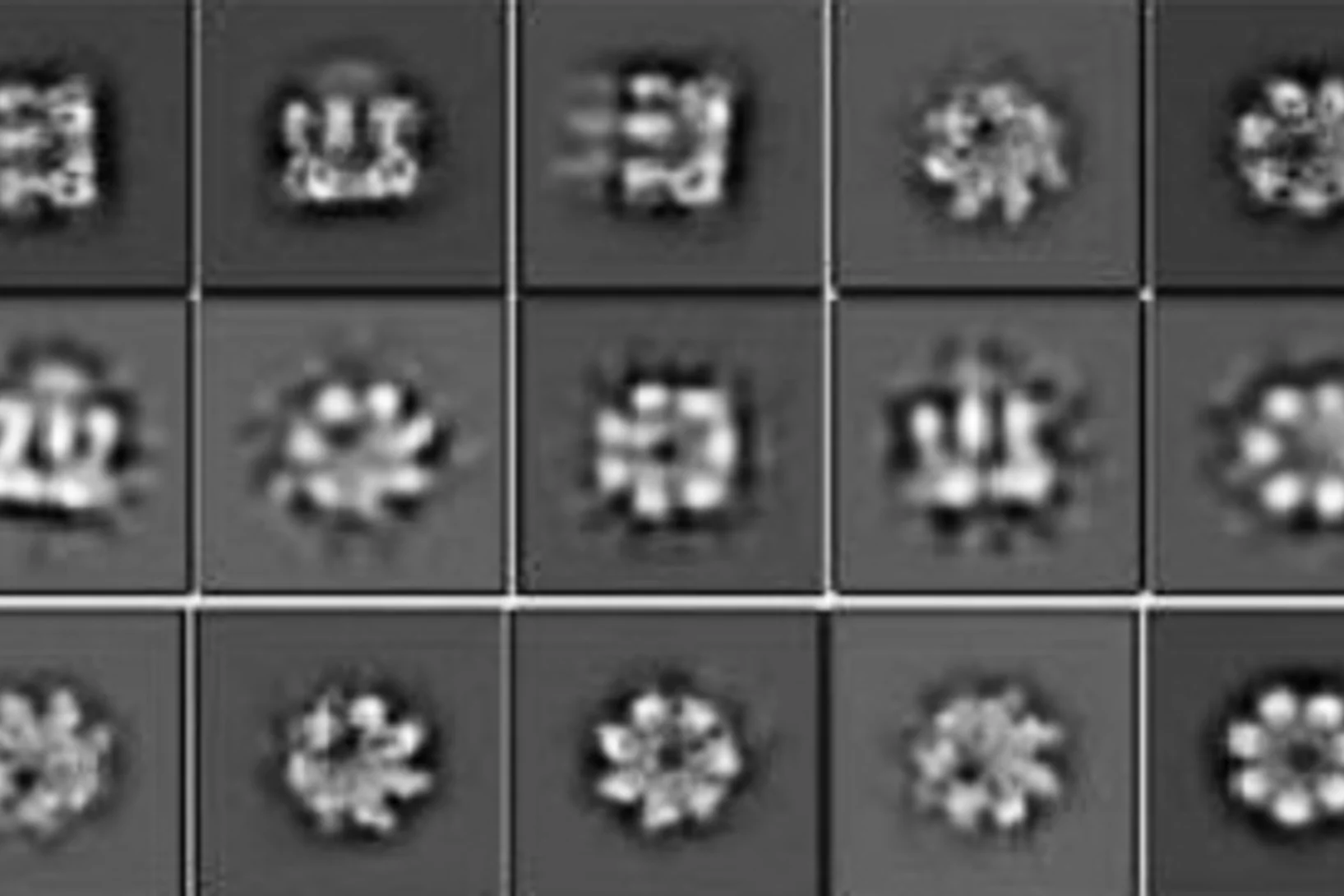Dynamical transitions in dense packings
Biophysical modeling points to changes in collective dynamics under confinement as a key aspect of cell state transitions.
Brustkrebs-Charakterisierung mit KI
Forschende des PSI und des MIT entwickeln einen neuen Ansatz aufgrund einer Kombination aus Bildgebung und künstlicher Intelligenz, um das Staging bei Brustkrebs zu verbessern.
Protein droplets likely don’t cause Parkinson’s
Study deepens our understanding of neurodegenerative diseases linked to protein aggregation.
EMBO workshop on Nuclear Mechano-Genomics
The EMBO-workshop on Nuclear Mechano-Genomics taking place from April 16 to April 19, 2024 in Sardinia, Italy, was a great success.
Früherkennung von Krebs möglich machen
Forschende des PSI entwickeln eine grundlegend neue Methode zur Früherkennung von Krebs.
Mechanische Reprogrammierung für das Gewebe
Forschende des PSI haben mit mechanischen Reizen Bindegewebszellen in stammzellenähnliche Zellen verwandelt und in verletztes Hautgewebe transplantiert. So lassen sich Hautregeneration und Wundheilung beschleunigen.
Krankheiten an der Wurzel packen
Mit modernen hochauflösenden Bildgebungsverfahren machen PSI-Forschende Aufnahmen von Zellkernen und erkennen so zuverlässiger Anomalien.
Mehr als ein Gerüst
In jeder unserer Körperzellen befindet sich das sogenannte Zellskelett. Anders als sein Name vermuten lässt, ist es weitaus mehr als eine reine Stützstruktur.
Geheimnisse des Gehirns entschlüsseln
Ort für Spitzenforschung: Forschende des PSI erhalten umfassende Förderung für ihre Hirnforschung durch die amerikanischen NIH.
Controlling topological states in bilayer graphene
Parameters of topological channels created in twisted bilayer graphene can be controlled by lithium atoms intercalation.
Hairy cells: How cilia’s motor works
Understanding this motion may help to tackle health problems that affect cilia, which range from fertility issues to lung disease and COVID-19.
Imaging biomarkers for Alzheimer’s disease
Artificial intelligence pinpoints cells indicative of Alzheimer’s disease based on DNA packing in mouse brain images, shows study in Nature Communications
Automated synapse-level reconstruction of neural circuits in the larval zebrafish brain
Researchers from the Max Planck Institute for Biological Intelligence, Google Inc. and the Paul Scherrer Institute published a new method and data resource that makes connectomic analyses of the entire larval zebrafish brain possible.
Paul Scherrer Institut und Apollo Health Ventures gründen Focal Biosciences
Das neu gegründete Unternehmen Focal Biosciences wird sich darauf konzentrieren, führende Experten und wissenschaftliche Entdeckungen zusammenzubringen, um die Umprogrammierung von Zellen für den Kampf gegen weit verbreitete altersbedingte Krankheiten nutzbar zu machen.
Millionenförderung für Hirn- und Quantenforschung
Der Europäische Forschungsrat bewilligt PSI-Projekte zur Entwicklung eines Quantencomputers und zur Hirnforschung in Höhe von 5 Millionen Euro.
Biased signalling for better drugs
A dream drug would provide a targeted therapeutic effect without side effects. Biased signalling could make this a reality. Publishing in PNAS, PSI researchers present a platform for biased signalling-based drug discovery.
Fingerprint of Copper in Peptides Linked to Alzheimer's Disease
In an interdisciplinary project, researchers from the Laboratory of Nanoscale Biology in BIO and the Laboratory for Condensed Matter in PSD have revealed the reaction between the nitrogen atoms of the amyloid-beta peptide and copper/zinc ions by using soft X-ray absorption spectroscopy.
Proteine auf Abstand
PSI-Forschende haben eine neue Methode entwickelt, um Proteine auf der Oberfläche von virusartigen Partikeln anzubringen.
SGS award for Pooja Thakkar
Pooja Thakkar received the Shoulders-Gray-Spindt award at the 34th Vacuum Nanoelectronics Conference for her paper "Voltage-controlled three-electron-beam interference by a three-element Boersch phase shifter with top and bottom shielding electrodes"
On-demand sample delivery article highlighted in "Applied Physics Letters"
An article on the on-demand sample delivery and protein crystallography using acoustic levitation has been selected in an Applied Physics Letters collection of papers on technology and application of acoustic tweezers.
Catching Alzheimer's Toxin
Single-particle cryo-electron microscopy of a functional Aβ42 pore equivalent, created by fusing Aβ42 to the oligomerizing, soluble domain of the α-hemolysin toxin, offers new insights into structure and function of proteins forming amyloid aggregates in Alzheimer’s disease.
«Letztendlich wollen wir verstehen, wie Krankheiten in einzelnen Zellen entstehen»
Moderne Bild- und Sequenziertechniken, kombiniert mit maschinellem Lernen, bieten Forschenden unzählige Möglichkeiten, so genau wie nie zuvor in Zellen zu blicken. G.V. Shivashankar, Laborleiter am PSI, beschreibt, wie sich die Daten kombinieren lassen, um Antworten auf drängende Fragen zu finden.
Warum Covid-19 ältere Menschen besonders hart trifft
Je älter man ist, desto höher ist die Gefahr, an einer Infektion mit dem Coronavirus zu sterben. G. V. Shivashankar, Gruppenleiter am PSI und Professor an der ETH Zürich, stellt in einer Veröffentlichung in «Nature Reviews» nun eine aussergewöhnliche These vor: Die Steifheit von Zellen soll für den Krankheitsverlauf eine entscheidende Rolle spielen. Im Interview erklärt er wieso.



